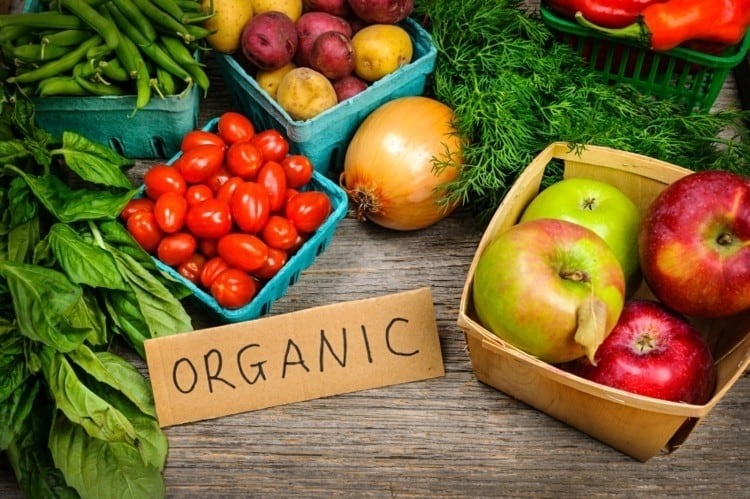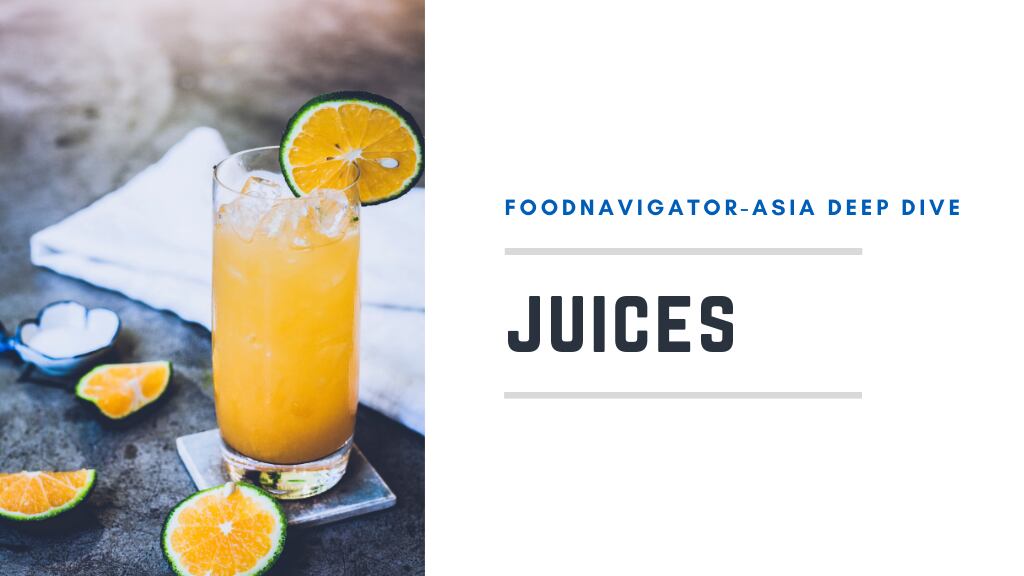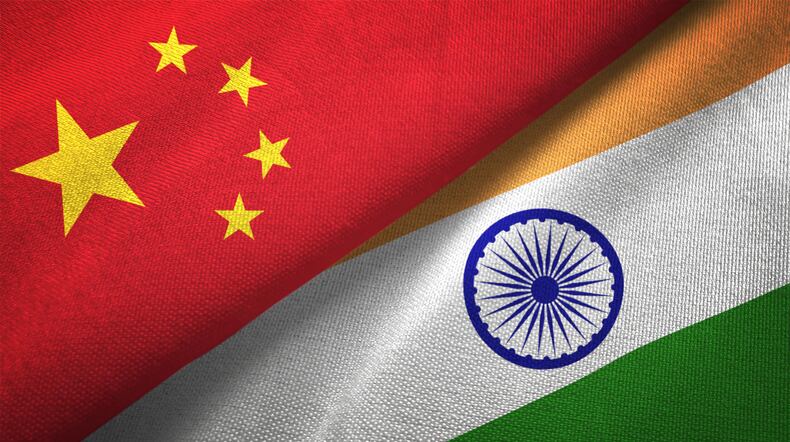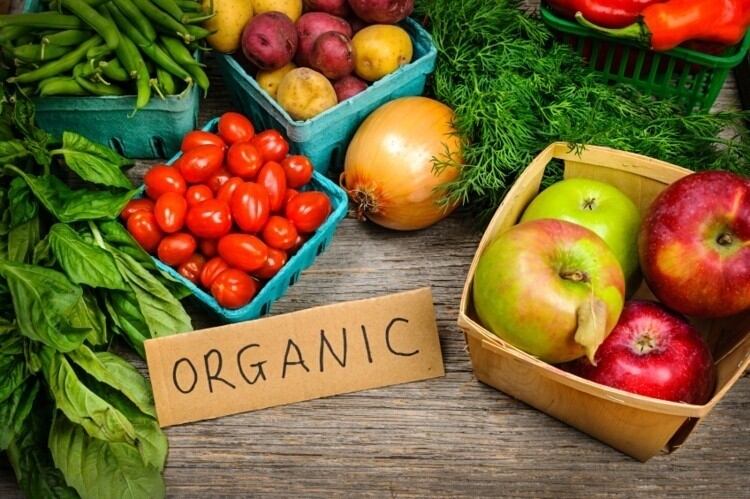South Korea has been developing and piloting technologies to ensure local food safety, such as an app to trace imported food product safety earlier this year, and recently the government rolled out another technological tool, this time to crackdown on foods suspected of fraudulent organic, pesticide-free (minimal chemical fertiliser used) and other eco-friendly claims.
The new tool, based on Robotic Process Automation (RPA) and developed by the National Agricultural Products Quality Management Service (NAQS) will be used to crackdown on products which are falsely labelled as organic, eco-friendly or making other related claims online.
“There was previously a limit to checking the increasing number of eco-friendly and organic products, particularly those sold online, as civil servants had to manually search for the advertisements making such claims and go through the process of checking each one,” NAQS Director General Lee Ju-myeung said via a formal statement.
“With this RPA programme, we can now monitor over 1,000 online products per day with just one click as compared to just about 50 cases per day previously.
“We have been piloting this since June, and it will be used for real crackdowns starting in July to detect [false labelling and advertising].”
Organic and pesticide-free (collectively dubbed ‘eco-friendly’) food product manufacturers have been warned to ensure their claims are valid and up to date, and retailers have also been warned that the onus is on them to make sure products on their platforms are making valid claims.
Products that will be considered ‘suspicious’ by the system will include those which certification have been revoked, certification validity has expired, certification details have yet to be confirmed, and all other non-valid certifications.
“The retailer must check whether the food producer is maintaining the eco-friendly/organic certification – [if] the producer’s certification has been revoked but the retailer continues to use the previous certification, this will be considered a [violation],” said the Ministry of Agriculture, Food and Rural Affairs (MAFRA), which was part of the tool development initiative.
“If a retailer has both Good Agricultural Practice (GAP)-certified products and [organic]-certified products on their site, but fails to distinguish between these certifications, this act of advertising the former as organic will be considered a false advertisement.
“Violators will be penalised by not more than three years of imprisonment or not more than KRW30mn (US$26,425).”
Once a suspicious product is detected by the RPA tool, an email will be automatically sent to the food firm’s site or online platform retailer that the product was detected on, before an on-site enforcement team is dispatched.
Organic growth
The need for an automated tool to detect organic fraud in South Korea is high, mainly because the temptations are great – the organic food market is growing at a consistent 5% to 9% rate yearly and continues to see a growing demand despite being priced much more exorbitantly than regular food products.
According to local business consultancy firm KOISRA CEO Eyal Victor Mamou, the local population is more than willing to pay more for such products, leaving the door wide open for even more growth in the near future.
“Organic food is considered to be healthy food here [making it very popular amongst consumers] – there are many local organic brands that have been established as the sales margin is higher,” he told us.
“The Korean organic market will continue to grow as local demand and health awareness continues to grow every year.”
Lee added that it was hoped the establishment of the tool would be a good progression step for the online organic and pesticide-free foods sector.
“[It is believed that] the use of the RPA tool will activate wider distribution of eco-friendly certified food products traded online, as the sector will see increased consumer trust,” he said.
“In the future, the use of RPA will also be expanded to manage [certifications needing validation] including GAP, traditional foods, geographical indication (GI) and country of origin management.”





